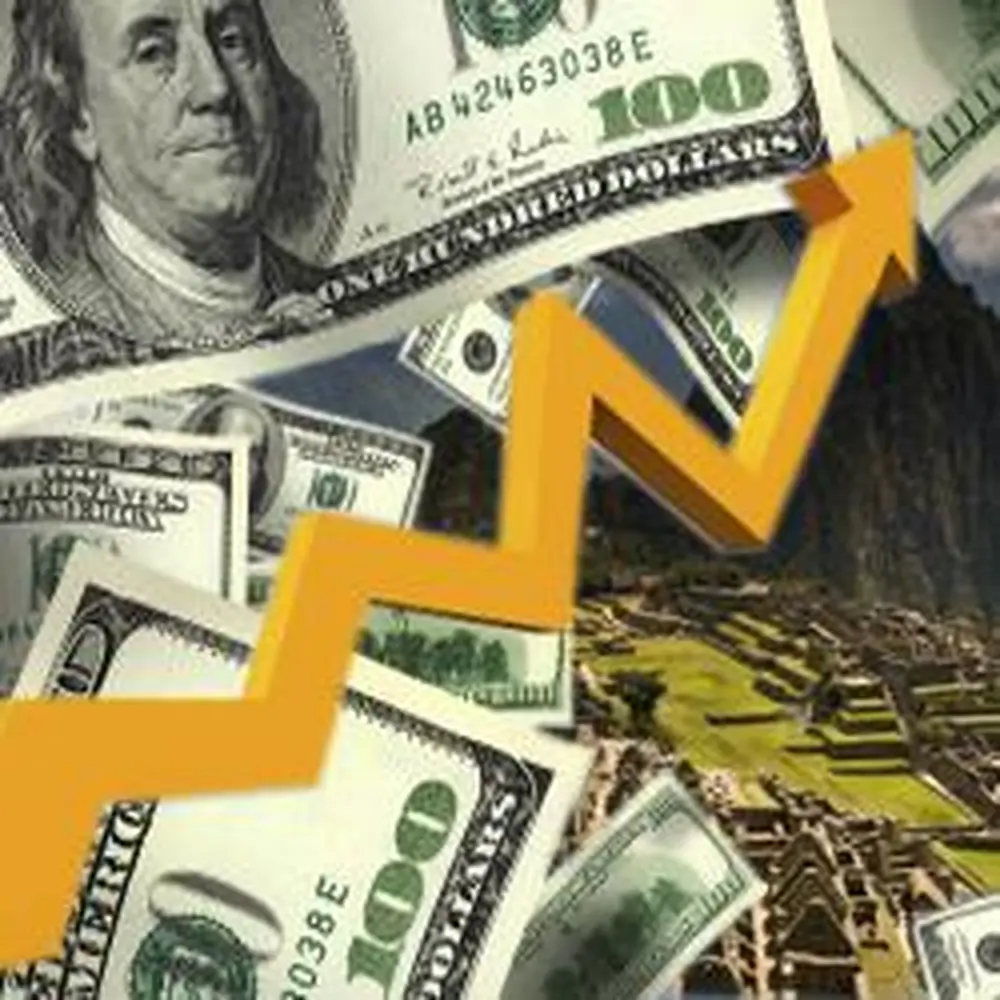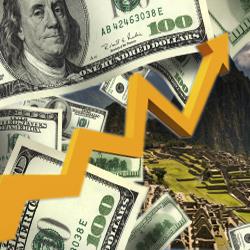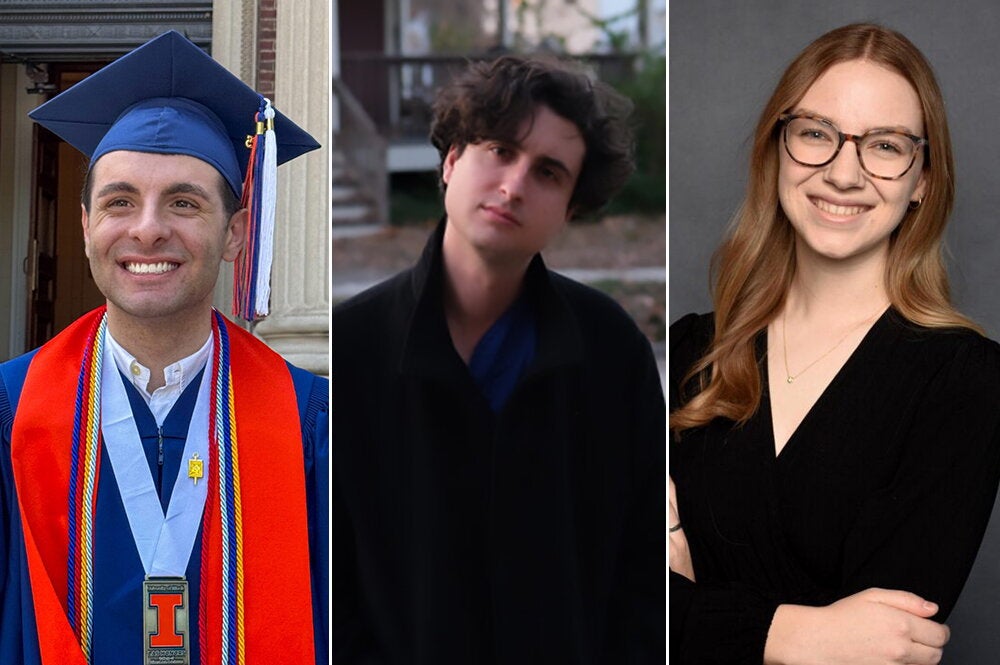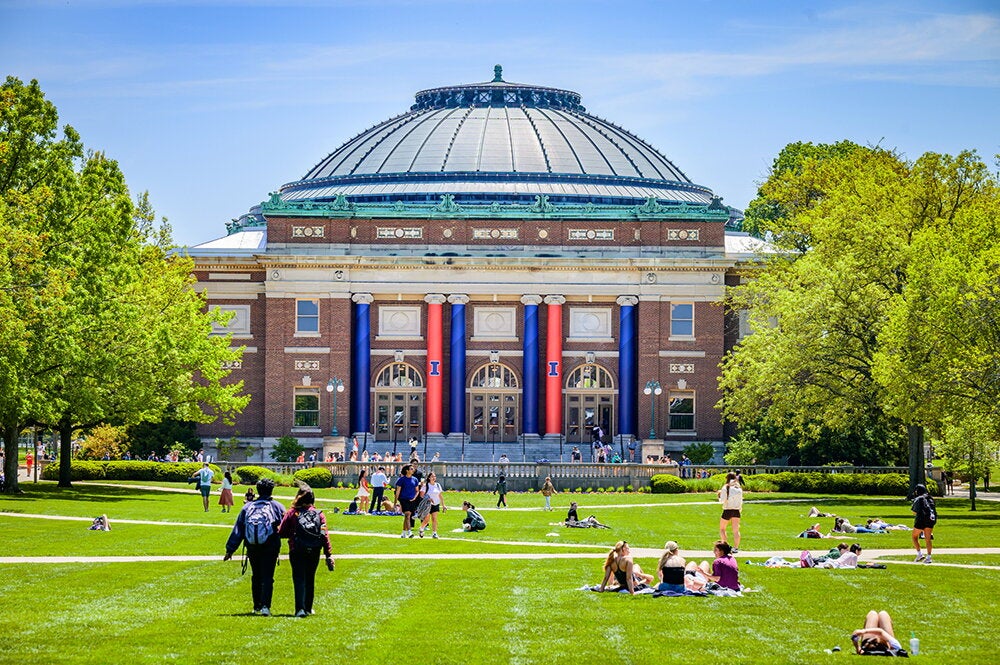

Hernando de Soto, the Peruvian economist, did an experiment in the 1980s in which he tried to find out how much time it would take to start a new business in Peru. He discovered that it took 256 working days just to obtain the 11 necessary permits—and two of the permits could only be obtained with bribes.
As a result of such bureaucratic barriers, the Peruvian economy was forced underground and had to rely on smaller-scale, inefficient technology, stifling production. When de Soto repeated the experiment in New York City, it took only one half-day to obtain the necessary permits to start a new business.
Bureaucracy is just one type of barrier that makes all the difference in the world between poor countries and rich countries, says Stephen Parente, an LAS economist long fascinated with differences in living standards among countries. He says the gap between rich and poor countries today is large—with the richest countries boasting a per capita Gross Domestic Product 50 to 60 times greater than the poorest countries. But history has shown that it is possible for a poor country to close this gap in a relatively short period.
The problem, he adds, is that ”we know from the limited number of success stories that catching up is not easily accomplished.”
The key to the economic miracles over the past 50 years has been the elimination of many types of barriers, Parente argues. Among them are barriers to open trade or barriers that constrain technology choices without an economic justification. But eliminating barriers requires the kinds of economic reforms often opposed by those with vested interest in the status quo, such as industry insiders who are being protected from outside competition.
The good news, he says, is that when countries do make permanent reforms, the economic turnaround typically happens much faster today. It certainly happens faster than when the United States began its economic ascent in the mid-19th century, eventually surpassing England as the industrial leader by 1890—a position it has held ever since.
In other words, ”late starters” have an advantage.
Parente’s research shows that early starters, such as England, Australia, and the United States, took a lot longer to double their per capita income from $2,000 to $4,000 (in 1990 dollars) than later starters in the development process. It took England, the first country to industrialize, about 55 years to double its per capita income beginning in the early 1800s, and it took the United States about 40 years to double its per capita income beginning in 1860.
The late starters, which didn’t reach the $2,000 mark until after the 1950s, have had the advantage of drawing upon a much larger stock of knowledge and ideas—knowledge that is more accessible across borders than ever before. The result: Late starters, such as Taiwan, China, Singapore, South Korea, and Portugal, were able to double their per capita income in closer to 15 years.
Breaking through the bureaucracy barrier was crucial in these economic miracles, Parente says, although he notes that some regulation is clearly important, such as in food, drug, and environmental safety.
“Another type of barrier relates to government involvement in business,” he says. “For example, preferential treatment of individual firms in the form of lower taxes, subsidies, and awards of government contracts also works to reduce efficiency.”
In Russia, he points out, preferential policies “keep inefficient firms afloat and prevent efficient businesses from entering since they cannot compete successfully with privileged incumbent firms.” For instance, some large supermarkets will not enter the Russian market because existing kiosks, pavilions, and wholesale and retail grocery stores do not have to pay local taxes or even electricity and gas bills. Because of these policies, prices are about 10 percent higher in Russian supermarkets, he says, citing the findings of economist William Lewis.
Parente has done research with 2004 Nobel-winning economist Edward Prescott, now with Arizona State University; and they found that the success of countries also depends on being a member of a free-trade club. The secret to the U.S. success has been the free-trade club among its 50 states, which have no trade barriers among them thanks to the Interstate Commerce Clause. Europe did not begin catching up with the United States in productivity until it formed its own free-trade club—the European Union.
When China moved away from a centralized economy to free markets beginning in 1978 and formed its own free trade club, regional governments attempted to restrict the flow of goods and services among the country’s various regions; but the central government would not allow such protectionist policies, and China has become one of the most recent economic miracles.
Parente says that studies overwhelmingly show that open economies have much higher growth. In addition, his research shows that more open economies are more apt to innovate. Larger markets in an open economy mean a greater variety of goods, which spur competition and increase innovation.
“Poor countries need to embrace international competition in business and trade,” he says. “As a first step toward this goal, unnecessary barriers that constrain technology and production processes need to be eliminated. Only then can all nations have the opportunity to flourish.”


